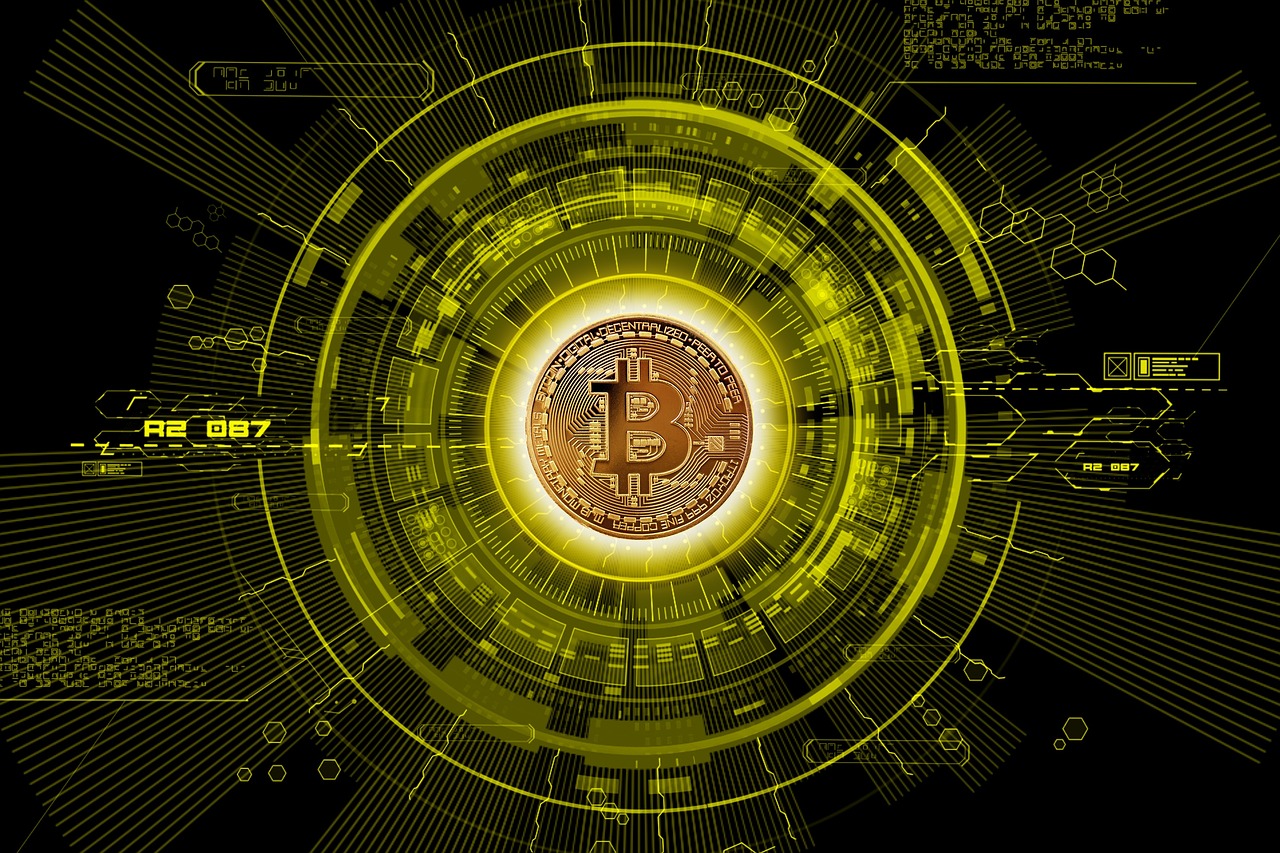Table of Contents
![]()
I. Introduction
The world of gaming has been rapidly evolving, and one of the most significant developments in recent years is the integration of cryptocurrency. Cryptocurrencies, digital or virtual currencies secured by cryptography, are typically built on decentralized blockchain technology. Gaming, encompassing electronic activities ranging from video games to mobile apps and online platforms, has seen substantial changes as cryptocurrency becomes more intertwined with its ecosystem. This article delves into how cryptocurrencies and blockchain technology are transforming the gaming industry, exploring their implications, benefits, and future prospects.
II. Cryptocurrency in Gaming
A. In-Game Currencies
Traditionally, in-game currencies have been central to video games, representing virtual money used for transactions within a game’s economy. These include items like gold, tokens, or credits that players earn or purchase to enhance their gaming experience. While effective, traditional in-game currencies often face limitations such as lack of interoperability between games and a central authority that controls their value.
B. Blockchain Technology
Blockchain technology, which underpins cryptocurrencies, introduces decentralization and transparency to in-game economies. Unlike traditional systems, blockchain records transactions on a public ledger that is immutable and accessible to all participants. This ensures that transactions are secure and verifiable. Smart contracts, self-executing contracts with the terms of the agreement directly written into code, are also being used to automate and enforce rules in gaming environments, facilitating transactions and interactions without intermediaries.
C. Types of Cryptocurrencies in Gaming
- Native Game Tokens: Many games have developed their own native tokens, which are used for various transactions within their ecosystems. Examples include Axie Infinity’s AXS and Decentraland’s MANA. These tokens often have utility within their respective games, enabling players to buy, sell, and trade virtual assets.
- General-purpose Cryptocurrencies: Cryptocurrencies like Bitcoin and Ethereum are also making their way into gaming. These are used for transactions across multiple platforms and can be exchanged for in-game currencies or assets. Their wide acceptance and liquidity offer gamers more flexibility in how they manage their digital wealth.
D. NFT Integration
Non-Fungible Tokens (NFTs) represent unique digital assets verified using blockchain technology. Unlike cryptocurrencies that are identical and can be exchanged on a one-to-one basis, NFTs are distinct and cannot be replaced with other tokens. In gaming, NFTs are used for digital collectibles, virtual real estate, and rare in-game items. For instance, players can own and trade exclusive items or properties, adding a new layer of value and ownership to their gaming experience.
III. Economic Impact of Cryptocurrency in Gaming
A. Monetization Strategies
Cryptocurrencies have introduced new monetization models for games. The Play-to-Earn (P2E) model allows players to earn cryptocurrency through gameplay, which can then be exchanged for real-world value. This model has created economic opportunities for players and developers alike. Additionally, staking and yield farming mechanisms enable gamers to earn rewards by participating in game-related activities or holding specific tokens.
B. Market Growth
The integration of cryptocurrency into gaming has spurred significant market growth. Investment in blockchain-based games and related technologies has surged, contributing to the development of new titles and platforms. This growth is reflected in the increasing market size of the sector and the rising number of developers and studios exploring blockchain gaming.
C. Challenges and Risks
Despite the promising prospects, the integration of cryptocurrency in gaming presents several challenges. The volatility of cryptocurrencies can lead to fluctuating values, impacting the stability of in-game economies. Regulatory issues also pose a risk, as governments and regulatory bodies are still determining how to approach cryptocurrency in gaming. Moreover, the environmental impact of blockchain technologies, particularly those relying on energy-intensive proof-of-work mechanisms, raises concerns about sustainability.
IV. Case Studies
A. Popular Games and Platforms
- Axie Infinity: Axie Infinity is a blockchain-based game where players use cryptocurrency to breed, battle, and trade creatures called Axies. The game employs its native token, AXS, and has developed a robust economic model that enables players to earn real-world value through gameplay. Despite its success, Axie Infinity has faced challenges such as market volatility and the need for continuous development to maintain player engagement.
- Decentraland: Decentraland is a virtual world where players can buy, develop, and trade virtual real estate using the MANA token. This platform enables users to create and monetize content, ranging from art galleries to interactive experiences. The community-driven approach and the use of NFTs for property ownership exemplify how blockchain technology can reshape digital worlds.
B. Comparative Analysis
Comparing traditional gaming with blockchain-based gaming reveals several differences. Traditional games often rely on centralized servers and in-game economies controlled by developers. In contrast, blockchain games offer decentralized ownership and control, with transparency and security enhanced by blockchain technology. These differences highlight the potential for blockchain to address some of the limitations of traditional gaming models.
V. Future Trends
A. Integration with Emerging Technologies
The future of cryptocurrency in gaming is likely to be influenced by the integration of emerging technologies. Virtual Reality (VR) and Augmented Reality (AR) can enhance the gaming experience, while AI and machine learning could further optimize economic models and gameplay. The synergy between these technologies and blockchain could lead to more immersive and dynamic gaming environments.
B. Regulation and Standardization
As the cryptocurrency and gaming sectors evolve, regulation and standardization will become increasingly important. Anticipated regulatory changes will impact how cryptocurrencies are used and traded within games. Establishing industry standards and best practices will be crucial to ensure fair play and protect both players and developers.
C. Potential for Broader Adoption
Mainstream adoption of cryptocurrency in gaming could significantly reshape the industry. As more players and developers embrace blockchain technology, we may see greater innovation and diversity in gaming experiences. Predictions for the future include enhanced interoperability between games, more sophisticated economic models, and increased opportunities for players to earn and invest in digital assets.
VI. Conclusion
The integration of cryptocurrency into gaming is a transformative development with far-reaching implications. By introducing decentralized and transparent systems, cryptocurrency and blockchain technology are reshaping how games are developed, played, and monetized. While challenges remain, the potential benefits and innovations offered by this integration are substantial. As the industry continues to evolve, staying informed about these trends will be crucial for gamers, developers, and investors alike.
Share This





Be the first to comment